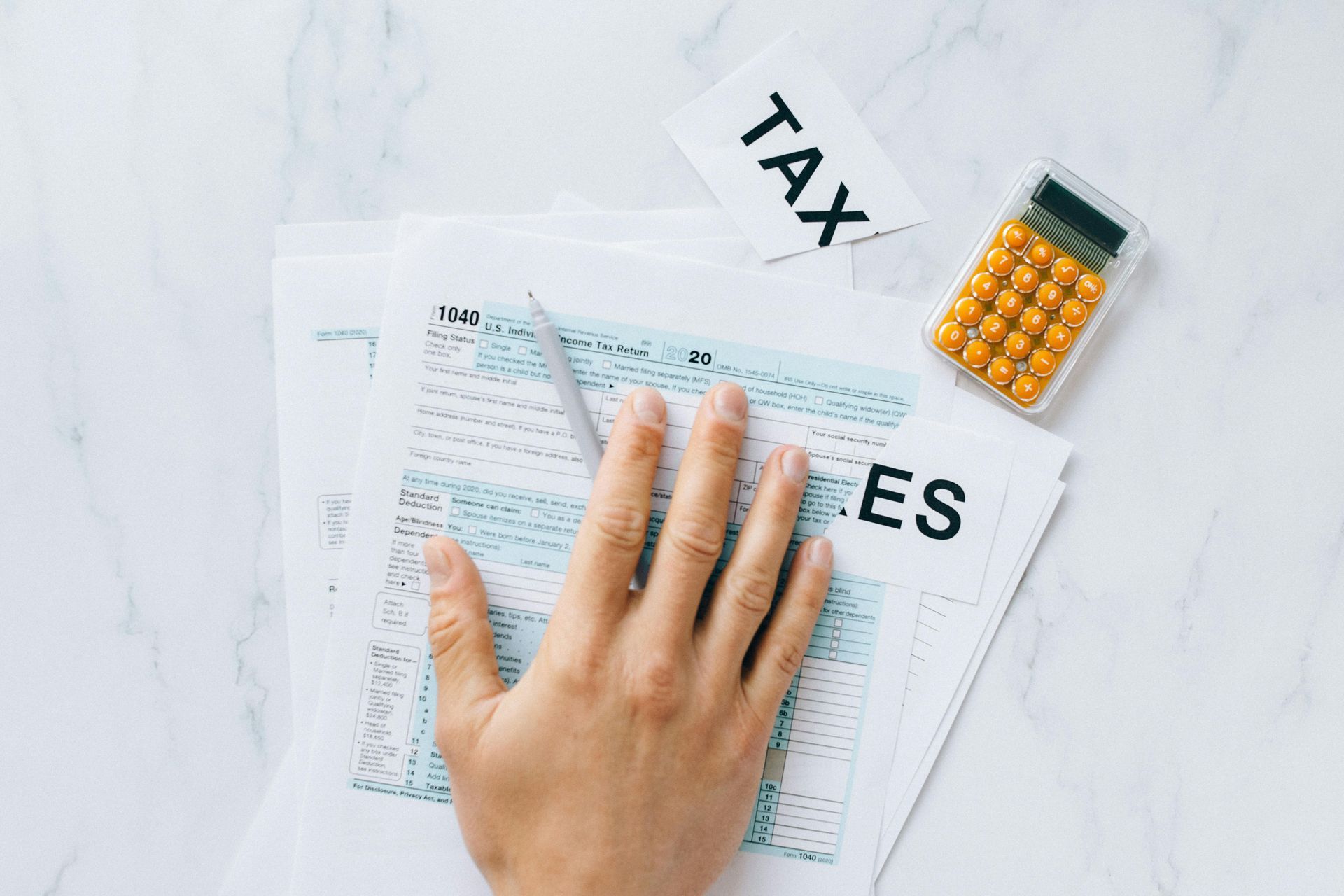Maintaining Your Nonimmigrant Status: Overstay, Out of Status, and Unlawful Presence

The consequences of overstay, out-of-status and unlawful presence are related but very different concepts in immigration and bring consequences for a nonimmigrant visa holder.
Overstay
Overstay means you stay in the United States beyond the date on your I-94, the corresponding D/S (Duration of Status) with DS-120, I-20, or Labor Certification. For example, your I-94 for your B-2 visa allows you to stay in the U.S. till 09/09/2020, but you are still within the country after 09/09/2020 without filing an application for extension of your status, you are overstaying your visa.
Out of Status
Out of status means that you violated the terms and restrictions of your lawful status. For example, you are a student on a F-1 visa. You ran a collaborative research with an out of campus research institute, being paid and received a 1099 tax form without applying for a CPT or OPT. In other words, you were working without proper authorization. You are violating the restrictions of your F-1 visa and thus become out of status. Another example would be a visitor coming to the U.S. with a F-1 visa but never went to school or any classes.
The concept of out of status and overstay can overlap sometimes. Overstay often makes a foreign individual out of status.
Unlawful Presence
Unlawful Presence can be triggered by the following ways: expiration of I-94, false claim to U.S. citizenship, entry to the U.S. without inspection, or determination of Immigration court or USCIS by termination of one’s status (such as denial of one’s extension or change of status application) or determination that there is a violation of status.
Please note that out of status does not equate to unlawful presence. Being out of status may not means accuration of unlawful presence if there is no determination by the court or USCIS, or in the prior listed conditions. However, if one is in unlawful presence, he/she must be out of status.
The only exception is for F-1 and M-1 students. Starting from 2018, if F-1 or M-1 students do anything, intentionally or unintentionally, violate the terms of his/her status (such as work without authorization, not maintaining full-time student status, not pursuing the course of study, or engaging in unauthorized activities, etc.), the unlawful presence is triggered automatically on the date of violation, without determination of USCIS or immigration court.
Consequence of Unlawful Presence
Unlawful Presence will make the person subject to 3 to 10 year of bar from future entry to the United States. If a foreign national has accrued more than 180 days but less than 1 year of unlawful presence, he/she is subject to 3 year bar from entry to the United States. However, if one has accrued more than 1 year of unlawful presence, he/she is barred from entry to the United States for 10 years.
Timely Request for Extension of Stay or Change of Status
A foreign national with a pending change/extension of status case in the U.S. is out of status, but permitting to stay while the request is pending. He/she is NOT accruing unlawful presence if the request is filed with genuine reasons and timely before the foreign national’s current status expires. However, if the USCIS denies such request of extension or change of status, unlawful presence will begin to accrue on the date of the decision.
Conclusion
It is important to maintain your nonimmigrant status and compliance with the corresponding requirements of your status. If you are in doubt of any violations that may cause you to fall out of status, overstay, work without authorization, or even accrue unlawful presence, due to unforeseen circumstances, please contact our office because you may be eligible for potential waivers. However, please be aware that waivers are usually not available if such violations are intentional.
Disclaimer: This Blog is made available by the lawyer or law firm publisher for educational purposes only as well as to give you general information and a general understanding of the law, not to provide specific legal advice. By using this blog site you understand that there is no attorney-client relationship between you and the Blog/Web Site publisher. The Blog should not be used as a substitute for competent legal advice from a licensed professional attorney in your state.
Related Blog posts:
The post Maintaining Your Nonimmigrant Status: Overstay, Out of Status, and Unlawful Presence appeared first on Fickey Martinez Law Firm.












